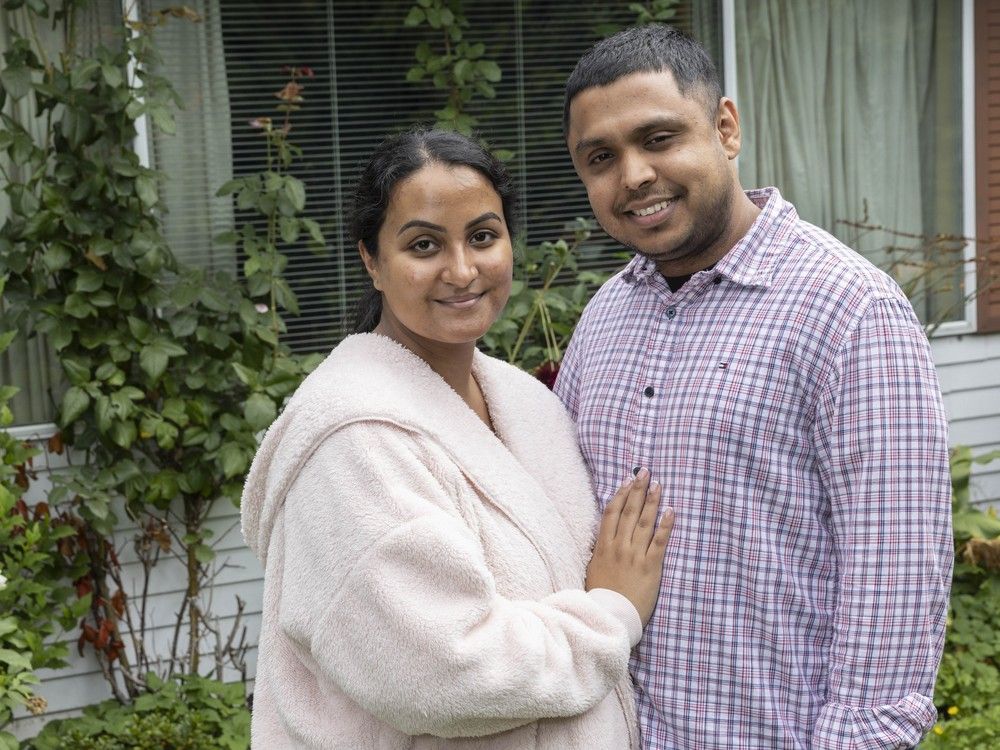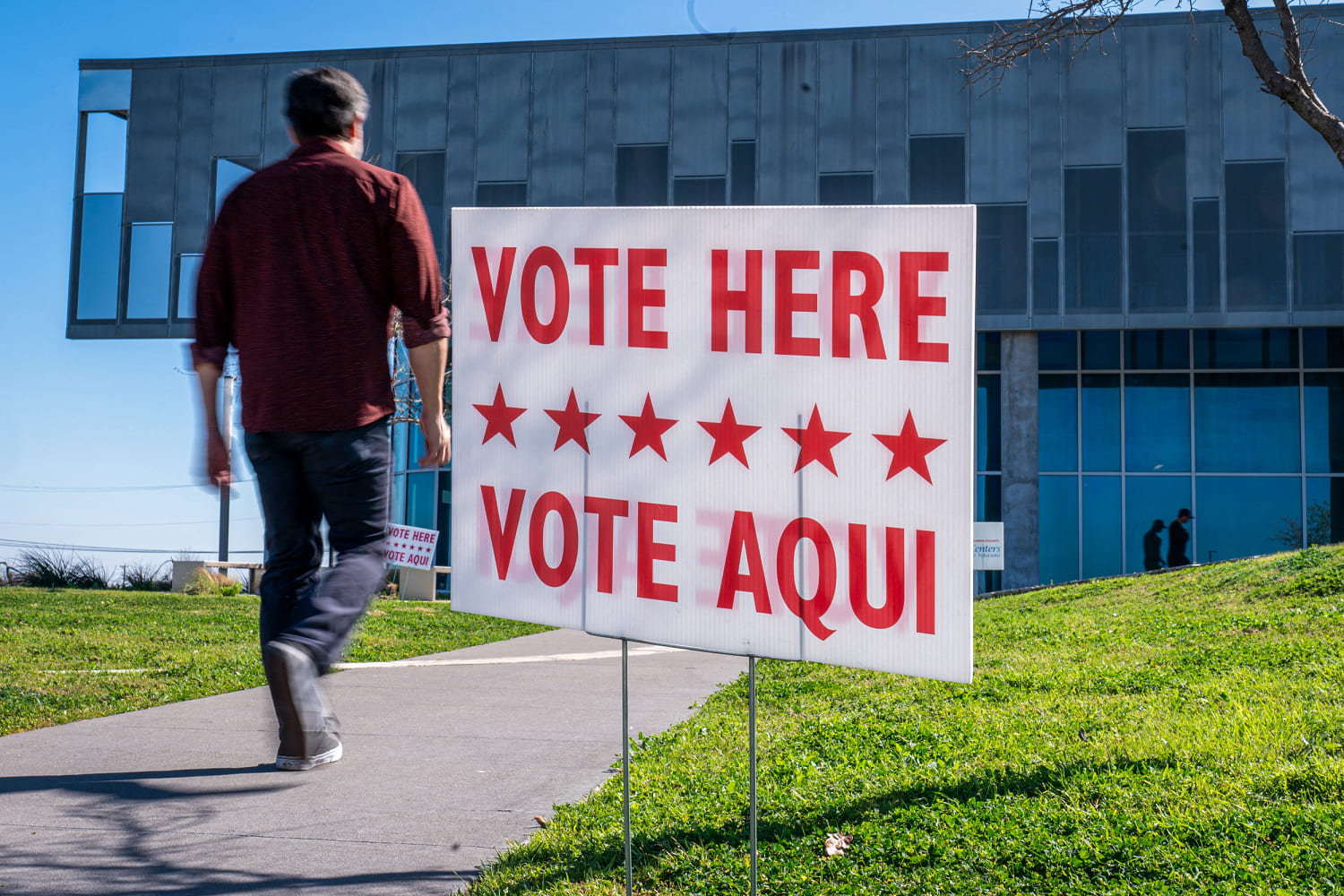The old scholarly associations that once opposed academic boycotts have been corrupted by ideologues
Published Sep 23, 2024 • Last updated 8 minutes ago • 4 minute read

Following Hamas’s October 7 attack on Israel, the effort to balance academic freedom and free speech on campuses while protecting all members of the university community has been sorely tested. The failings of numerous senior academic administrators have become evident, and several have lost their jobs. At the same time, these new tensions have reached a precarious low point.
Advertisement 2
THIS CONTENT IS RESERVED FOR SUBSCRIBERS
Enjoy the latest local, national and international news.
- Exclusive articles by Conrad Black, Barbara Kay and others. Plus, special edition NP Platformed and First Reading newsletters and virtual events.
- Unlimited online access to National Post and 15 news sites with one account.
- National Post ePaper, an electronic replica of the print edition to view on any device, share and comment on.
- Daily puzzles including the New York Times Crossword.
- Support local journalism.
SUBSCRIBE FOR MORE ARTICLES
Enjoy the latest local, national and international news.
- Exclusive articles by Conrad Black, Barbara Kay and others. Plus, special edition NP Platformed and First Reading newsletters and virtual events.
- Unlimited online access to National Post and 15 news sites with one account.
- National Post ePaper, an electronic replica of the print edition to view on any device, share and comment on.
- Daily puzzles including the New York Times Crossword.
- Support local journalism.
REGISTER / SIGN IN TO UNLOCK MORE ARTICLES
Create an account or sign in to continue with your reading experience.
- Access articles from across Canada with one account.
- Share your thoughts and join the conversation in the comments.
- Enjoy additional articles per month.
- Get email updates from your favourite authors.
Article content
Various university administrators and government legislators now attempt to restrict what can be said and taught in the classroom. A newly emerging ethos on the left, in which language is considered a form of violence, has also produced a chilling effect on what both professors and students feel comfortable discussing both in class and outside of it.
One of the more insidious efforts to address concerns over events in the Middle East has been a call for an academic boycott against Israel, notably by the boycott, divestment and sanctions (BDS) movement. This is not the first time such a call has occurred. In 2005, around the time of the second intifada, when hostilities between Israel and Palestine reached their last major peak, there were widespread calls for academic boycotts of Israeli institutions.
But this time the debate about academic boycotts has reached a greater crescendo, with public letters signed by thousands of faculty and students on both sides of the issue. In the midst of these competing pressures, it is natural to turn to organizations that have a long history of dealing with the complex issues associated with free speech and academic freedom on university campuses for guidance. One such organization, the American Association of University Professors (AAUP) was created in 1915 — which currently has a membership of 45,000 academic professionals, with 500 local campus chapters in 39 U.S. states — with the following stated purpose:
By signing up you consent to receive the above newsletter from Postmedia Network Inc.
Article content
Advertisement 3
Article content
“The mission of the American Association of University Professors (AAUP) is to advance academic freedom and shared governance; to define fundamental professional values and standards for higher education; to promote the economic security of faculty, academic professionals, graduate students, postdoctoral fellows, and all those engaged in teaching and research in higher education; to help the higher education community organize to make our goals a reality; and to ensure higher education’s contribution to the common good.”
The AAUP had a noble history of dealing with calls for academic boycotts. In 2006, it strongly and correctly denounced systematic academic boycotts because they “strike directly at the free exchange of ideas” and “principles of free expression and communication on which we collectively depend.”
Free and open communication is an essential part of the scholarly enterprise, necessary for the pursuit of truth and the progress of knowledge. Nothing in the intervening 18 years since that statement has changed, except for the AAUP. Apparently, some of the organization’s leadership found this unambiguous defence of academic freedom “controversial,” and dropped AAUP’s opposition to academic boycotts in August. As they now put it:
Advertisement 4
Article content
“Academic boycotts are not in themselves violations of academic freedom; rather, they can be considered legitimate tactical responses to conditions that are fundamentally incompatible with the mission of higher education. ”
This is a disaster. As the Academic Engagement Network, an American group of university faculty members organizing against antisemitism, has recently pointed out, the AAUP’s “insistence in its new statement that institutional boycotts can be implemented without targeting ‘individual scholars and teachers engaged in ordinary academic practices’ is untenable.”
Boycotting academic institutions inevitably harms scholars, whose academic work is independent, and whose political views may vary all over the map. In many cases when academic institutions are located in zones of conflict, these scholars work already under incredibly difficult conditions as they pursue their goals. Boycotts effectively put these academics on a blacklist, punishing them for their nationality and/or the actions of their government and muzzling their ability to speak out.
Advertisement 5
Article content
The AAUP’s new position opens the door for a new wave of boycotts against Israel in the fall, as universities open their doors to a new class of students and try and recover from the fallout of protests, punishment and the erosion of trust both within the academic community and outside of it. Ultimately, as the AEN has put it, “Boycotting academic institutions ostensibly in order to defend academic freedom is completely nonsensical.”
The other feature that undermines the legitimacy of such boycotts is their selectivity. We hear cries of boycott against Israeli institutions, but there is no similar mass movement to boycott, say, Iranian or Chinese academic institutions because of the repressive policies of their respective governments.
It is a particularly sad moment when institutions designed to protect freedoms choose to abandon those principles and side with ideologues. By doing so, the AAUP has lost its raison d’etre, much as the American Humanist Association (AHA), an organization ostensibly created to defend humanistic principles of free inquiry did several years ago when it rescinded its previous Humanist of the Year award to Richard Dawkins for simply raising the question online about whether it made sense to question the difference between sex and gender.
Advertisement 6
Article content
As these organizations fall by the wayside, all of us who want to defend academic freedom and freedom of speech need to speak out with our voices and their feet. When the AHA made its ridiculous decision, countless large donors removed funding and many people cancelled their memberships. When the major academic organization designed to defend academic freedom abandons that goal, scholars need to speak out and either abandon that organization or seek to reform it.
For the moment however, we may now have to prepare for a new wave of attacks on precious freedoms and safety on university campuses, and against innocent scholars, aided and abetted by the AAUP.
National Post
Lawrence M. Krauss, a theoretical physicist, is President of the Origins Project Foundation and host of The Origins Podcast. His most recent book is The Edge of Knowledge.
Recommended from Editorial
-

Peter MacKinnon: Hard truths confront Canadian universities struggling to survive
-

NP View: Our universities' ideology problem
Article content
.png)
 3 hours ago
8
3 hours ago
8
































 Bengali (BD) ·
Bengali (BD) ·  English (US) ·
English (US) ·